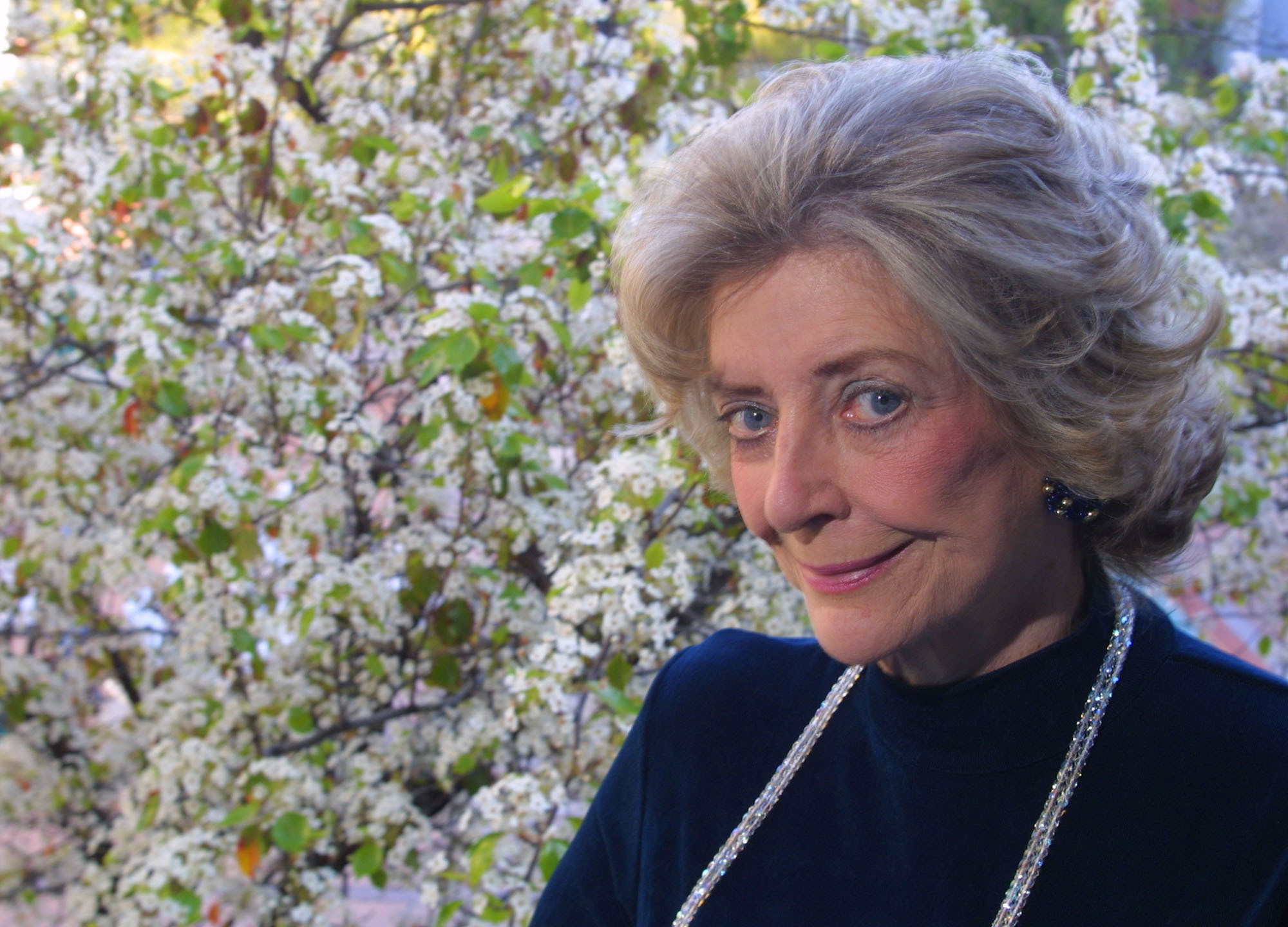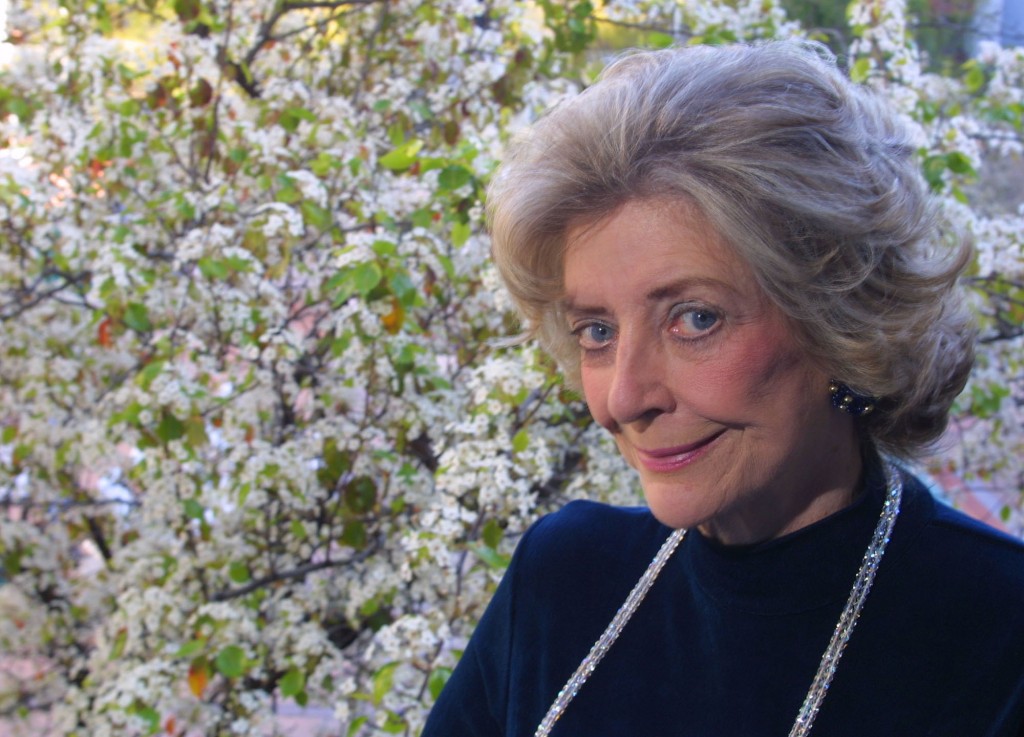I had the pleasure of publishing this poem, a wonderful reworking of Wordsworth’s notion that the “Child is father of the Man,” in the Oxford Quarterly
in 1995, its first UK appearance. A pantoum is a complex interlocking form (read all about it here). On the sad news of Carolyn Kizer’s death, I reproduce it here in the hopes that you will enjoy it.
for Maxine Kumin
Where did these enormous children come from,
More ladylike than we have ever been?
Some of ours look older than we feel.
How did they appear in their long dresses
More ladylike than we have ever been?
But they moan about their aging more than we do,
In their fragile heels and long black dresses.
They say they admire our youthful spontaneity.
They moan about their aging more than we do,
A somber group–why don’t they brighten up?
Though they say they admire our youthful spontaneity
They beg us to be dignified like them
As they ignore our pleas to brighten up.
Someday perhaps we’ll capture their attention
Then we won’t try to be dignified like them
Nor they to be so gently patronizing.
Someday perhaps we’ll capture their attention.
Don’t they know that we’re supposed to be the stars?
Instead they are so gently patronizing.
It makes us feel like children–second-childish?
Perhaps we’re too accustomed to be stars.
The famous flowers glowing in the garden,
So now we pout like children. Second-childish?
Quaint fragments of forgotten history?
Our daughters stroll together in the garden,
Chatting of news we’ve chosen to ignore,
Pausing to toss us morsels of their history,
Not questions to which only we know answers.
Eyes closed to news we’ve chosen to ignore,
We’d rather excavate old memories,
Disdaining age, ignoring pain, avoiding mirrors.
Why do they never listen to our stories?
Because they hate to excavate old memories
They don’t believe our stories have an end.
They don’t ask questions because they dread the answers.
They don’t see that we’ve become their mirrors,
We offspring of our enormous children.



